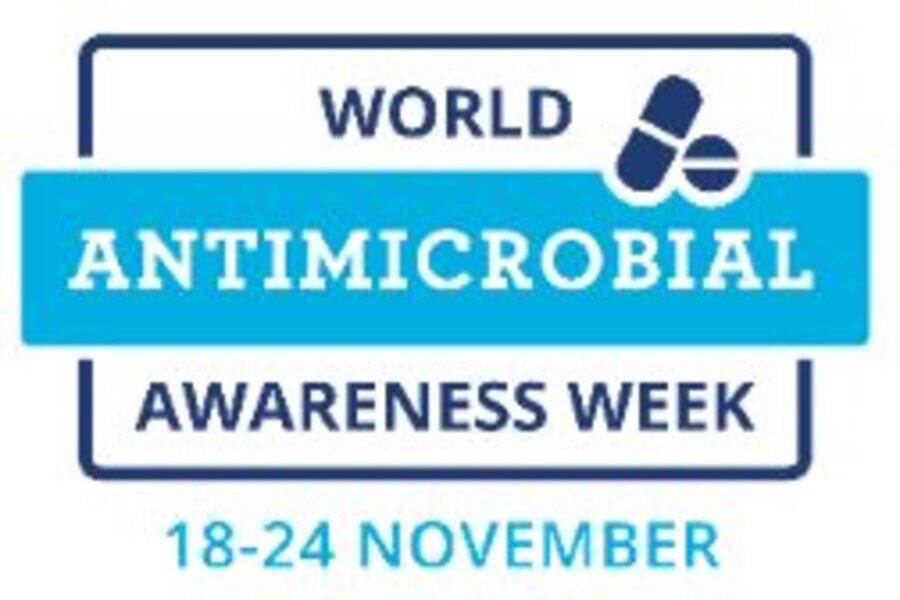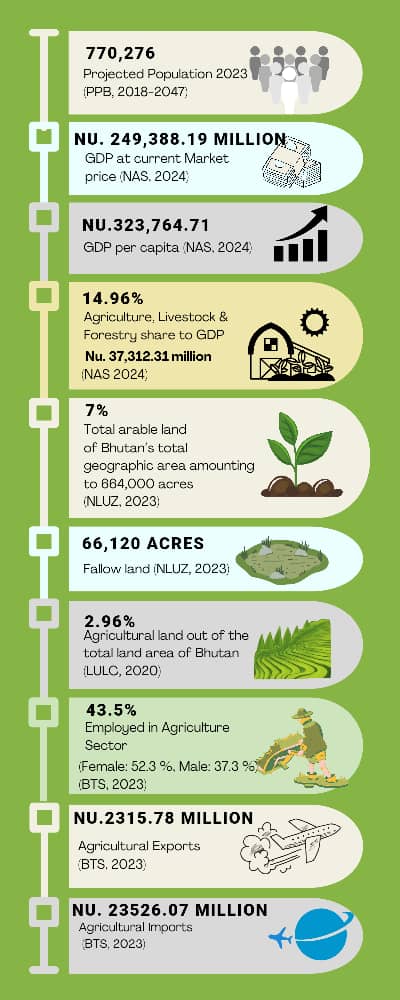World Antimicrobial Awareness Week (WAAW) is a global campaign to raise awareness and understanding of antimicrobial resistance (AMR) and promote best practices among One Health stakeholders to reduce the emergence and spread of drug-resistant pathogens. WAAW is observed every year from 18 to 24 November. The theme of WAAW 2022 is “Preventing Antimicrobial Resistance Together”. AMR is a threat to humans, animals, plants and the environment. It affects us all. That is why this year’s theme calls for cross-sectoral collaboration to preserve the efficacy of these important products. The overall slogan for raising awareness on AMR during WAAW remains the same as in previous years – Antimicrobials: Handle with Care.
Antimicrobials (Antibiotics, Antivirals, Antifungals, Antiparasitics) are the essential medicines used to treat infection with microorganism like bacteria, virus, fungi and parasites in human, animals and plants. These agents used to reduce burden of diseases in human, animals and plants in the past is becoming ineffective due to development of resistance by the microorganisms known as antimicrobial resistance (AMR).
AMR occurs by microorganisms changing naturally and also triggered by inappropriate use, misuse or overuse whereby they no longer respond to treatment with the antimicrobials. In the animal sector, AMR endangers animal health and welfare, as well as food production and also economies. Resistant microorganisms circulate through human, animals and the environment. Further, these resistant microorganisms do not have boundaries. Hence, AMR is a one health and a global issue.
The World Organisation for Animal Health (WOAH), Food and Agriculture Organization of the United Nations (FAO), World Health Organization (WHO) and United Nation Environment Programme (ENEP) collectively called quadripartite is supporting the global move. To curb AMR effectively, all sectors must use antimicrobials prudently and adopt other preventive measures. The following actions can help reduce the need for antimicrobials and minimize the emergence of AMR:
- strengthen infection prevention and control in health facilities, farms and food industry premises;
- ensure access to clean water, sanitation and hygiene, and vaccines;
- implement best practices in food and agricultural production; and
- minimize pollution and ensure proper waste and sanitation management.
Hence, the Department of Livestock being the focal agency for AMR under MOAF would like to request all the concerned agencies to support/participate in the awareness week.
For further details, visit the following links:
FAO: Get Involved 2022 | Antimicrobial Resistance | Food and Agriculture Organization of the United Nations (fao.org), WOAH: Antimicrobial resistance – WOAH – World Organisation for Animal Health, WHO: World Antimicrobial Awareness Week 2022 (who.int), UNEP: World Antimicrobial Awareness Week 2022 (unep.org)
-DoL
![]()




